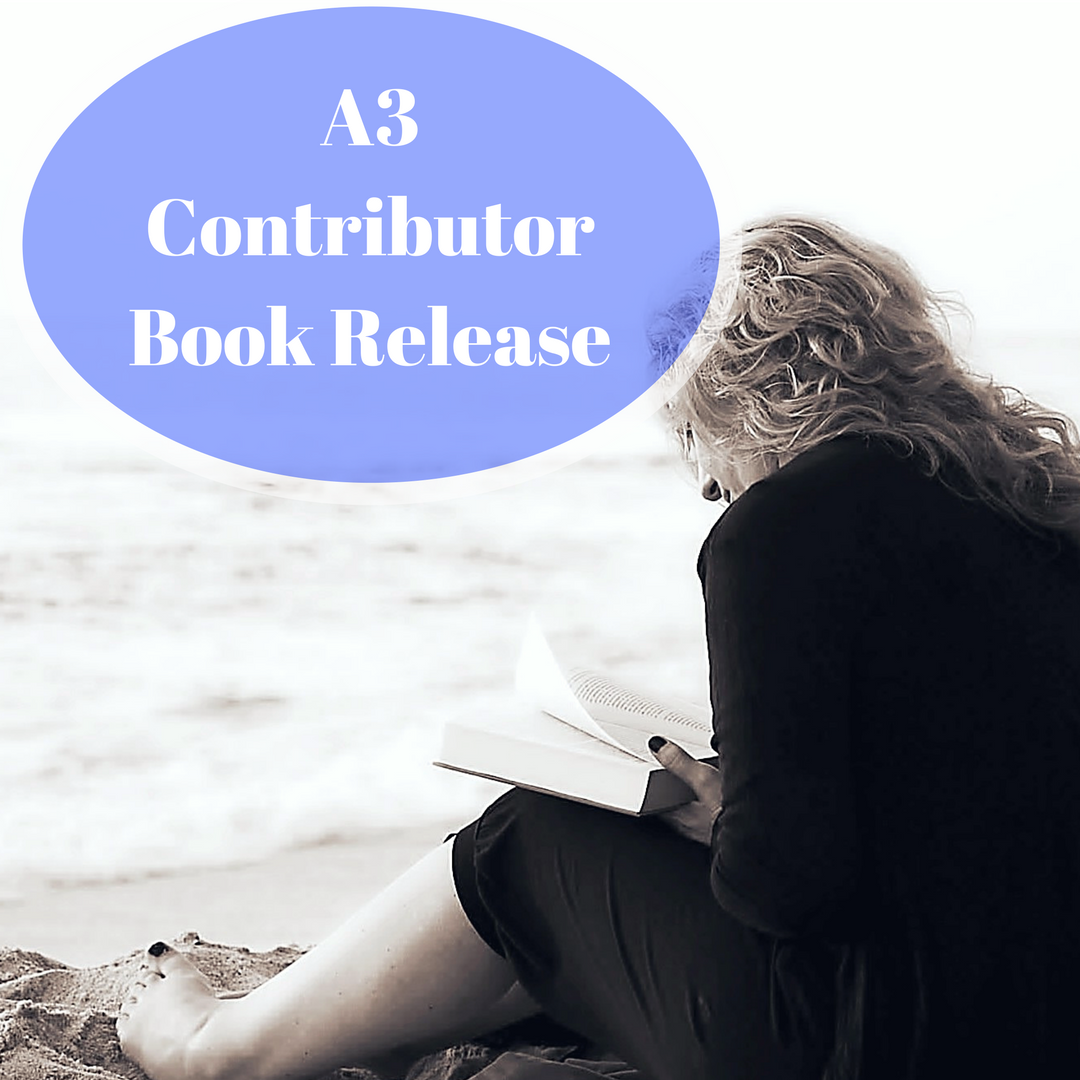
A3 Author Book Release: The Key Collector’s Promise: A 1980s Suspense with Romance at Our House on Sycamore Street
From the Publisher When young real estate agent Sandra Lejeune receives an anonymous letter threatening her family, she leaves…
September 21, 2024




